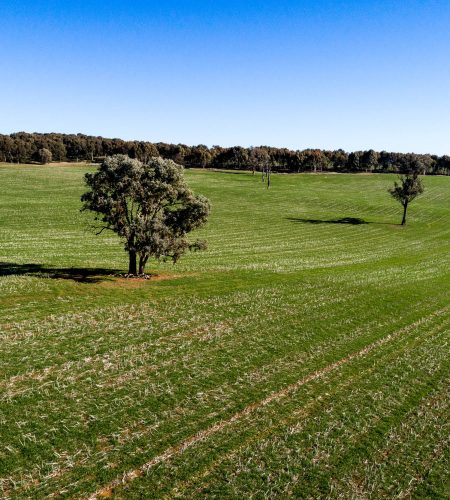Dr Gwen Grelet
Project Leader
Manaaki Whenua Landcare Research NZ
A growing number of innovative farmers are attempting to restore or improve the performance of Australian soils using regenerative practices that are designed to build soil carbon. However, up until now, evidence of success has been largely anecdotal. This project will take a co-innovation approach, including researchers, farmers and extension practitioners to quantify the effectiveness of regenerative farming systems for improving soil performance across defined soil and climate constraints. Through a series of workshops, shared research needs will be defined and prioritised, and a collaborative research program will be developed and implemented to help farmers better understand how regenerative agriculture practices might be used in Australian agriculture.
Regenerative agriculture seeks to enhance synergetic relationships that build organic matter and increase soil carbon, using a range of practices including no-tillage, cover crops, crop rotations, intercropping, integrated livestock management, increased biodiversity and diversification, reduced inputs of synthetic fertilisers and biocides, addition of biological products such as compost, seaweed extracts, fish hydrolysates and vermicast. These practices are aimed at optimising soil carbon functionality, with the ultimate result being an increase in plant and animal performance.
The effects of individual practices have sometimes been studied in isolation, but regenerative farmers adopt a whole-system approach that has been mostly overlooked by research scientists. The lack of engagement between scientists and regenerative farmers is partly due to (i) the variety of practices are difficult to classify, (ii) the knowledge being context-specific and scattered amongst practitioners; (ii) regenerative management strategies (holistic) being viewed as too complex and time consuming to become mainstream.
This project will promote collaboration between scientists and regenerative farmers, in order to study carbon functionality in regenerative farming systems and quantify key farm performance outcomes.
At the core of the project is a co-innovation platform seeking to progress relationships between researchers, farmers and extension practitioners, from engagement to collaboration. This platform enables co-delivery of a research program focussed on characterising carbon functionality in regenerative farming systems. The program is investigating whether soil carbon functionality can be improved using regenerative farming practices (including extremely carbon poor soils), and whether regenerative farm management strategies do indeed increase farm performance across multiple key outcomes.

